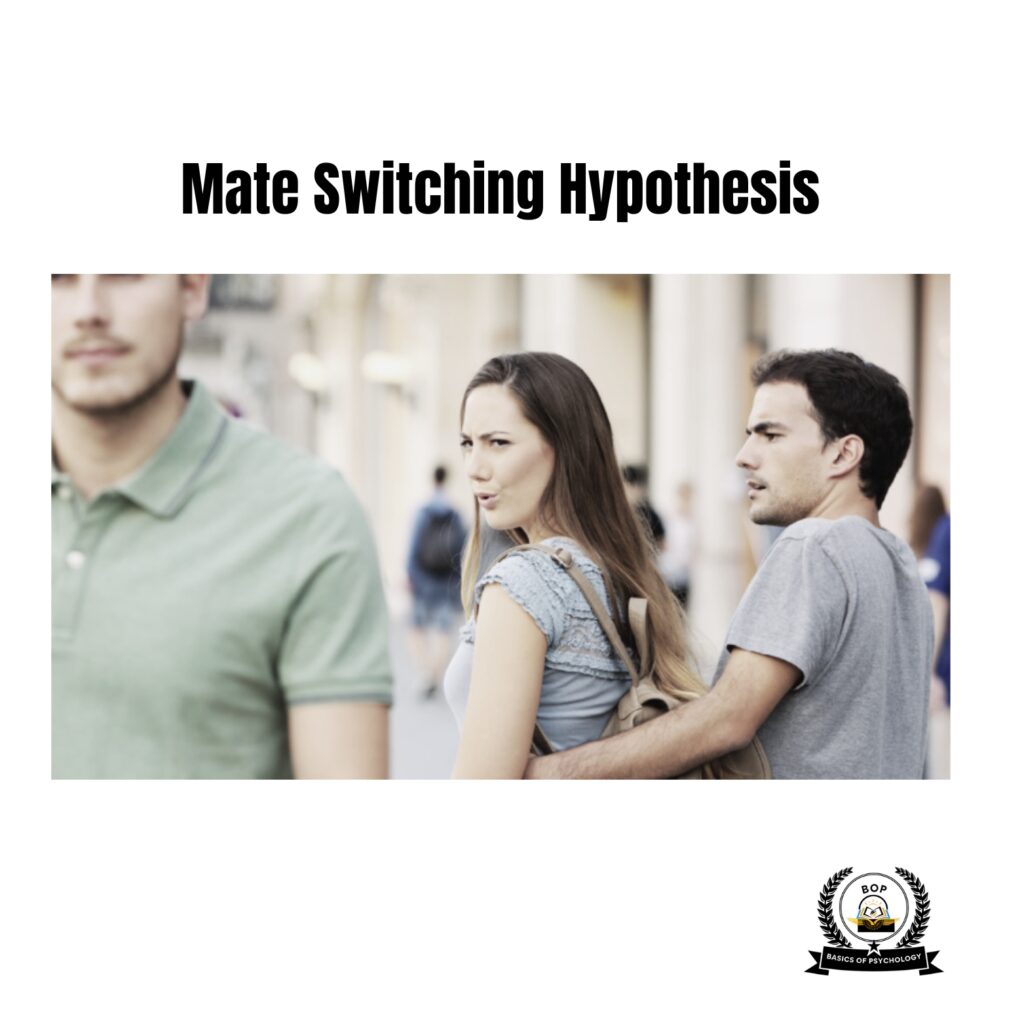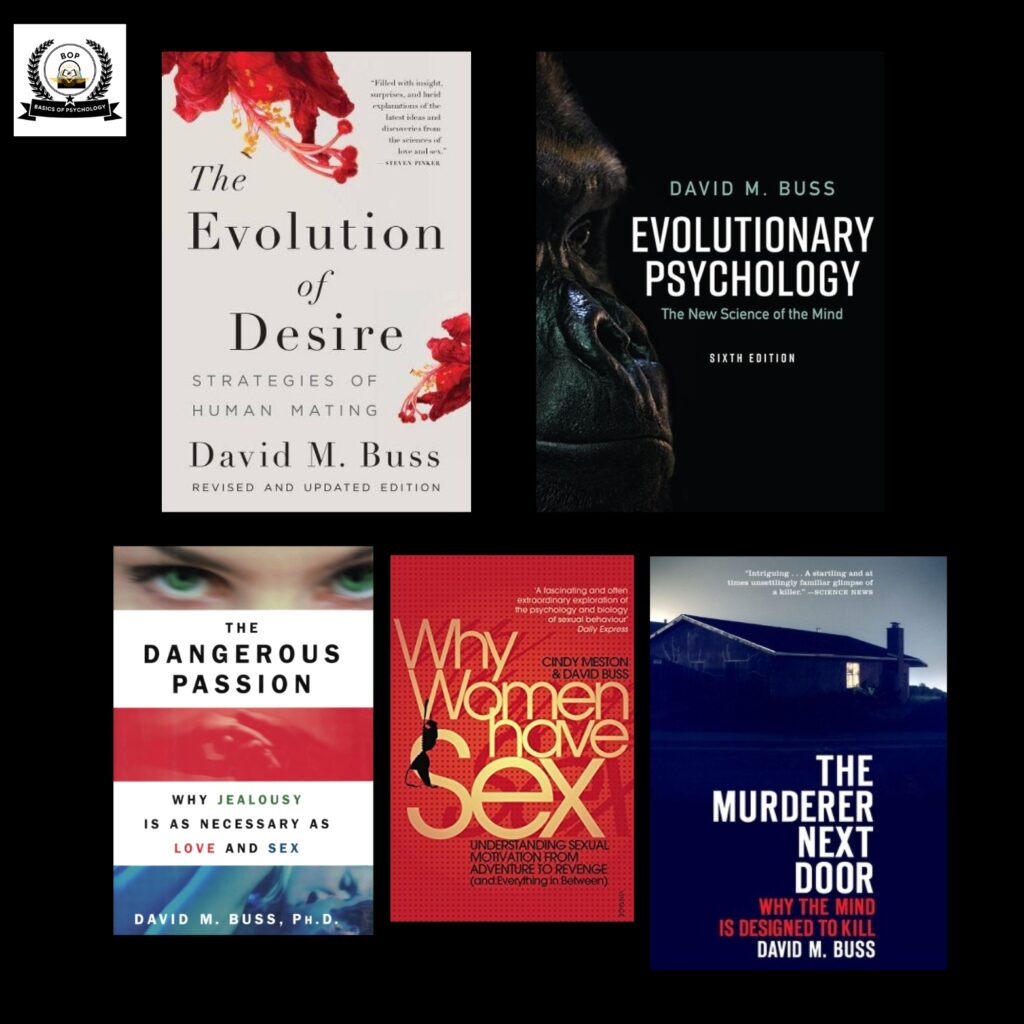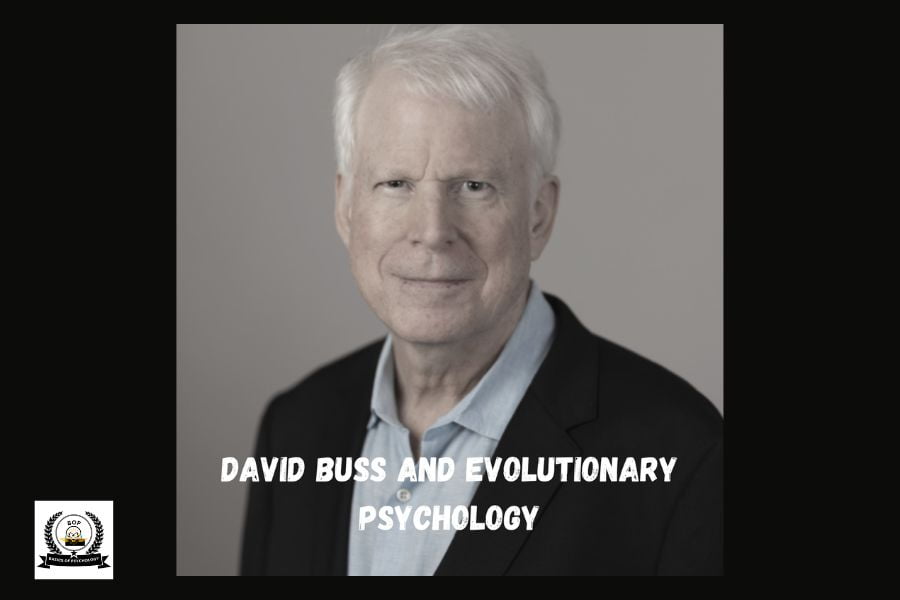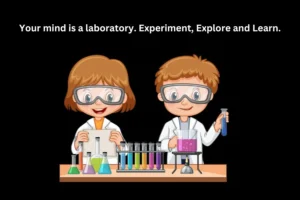In this article, we explore the life and work of David Buss, one of the most outstanding psychologists in history, and discover the man behind the theories. There will be a description of Buss’s early life, academic accomplishments, and contributions to evolutionary psychology among his other achievements and awards.
By focusing on Sexual Strategies Theory, mate selection, and personality models, we shed light on Buss’s influential work and its practical significance. This article, being a comprehensive overview of David Buss books, ideas, and quotes, has much significance in understanding modern psychology, love and human nature.
Table of Contents
Biography of David Buss
Early Life
‘Dr David Buss’ was born on April 14, 1953, in Indianapolis, Indiana, USA. Since childhood, he has shown a great curiosity in understanding ‘human nature’ and behavior which laid the groundwork for his profession as a psychologist later on.
Education
Over at the ‘University of Texas’ at Austin, Buss majored in Psychology and achieved a Bachelor of Arts. In addition, he had his education at the University of California, ‘Berkeley’, where he obtained his Ph.D. in Psychology.
Career Journey as a Psychologist
After he completed his doctoral studies, Buss initiated a successful career as a psychologist. He has held academic positions in different places, including ‘Harvard University’, the ‘University of Michigan’, and the ‘University of Texas’ at Austin. During his whole life, ‘David Buss research’ was mainly focused on evolutionary psychology, offering the discipline his original and thought-provoking ideas.
Notable Achievements and Awards
By now Buss’s contributions to psychology are well-known. He is the awardee of multiple awards including the American Psychological Association (APA) Distinguished Scientific Award for Early Career Contribution to Psychology and the APA Distinguished Scientist Lecturer Award.
What Did ‘David Buss’ Study?
The main line of David Buss research is evolutionary psychology in which evolutionary principles are assessed about their influence on ‘human nature’, behavior, mating strategies, love and interpersonal relationships. His studies have been instrumental in shedding new light on the adaptive mechanisms underlying human behavior.
Who Influenced David Buss?
Buss was greatly impacted by famous psychologists like Charles Darwin whose contributions formed the basis of evolutionary theory and Donald Symons whose views on ‘human mating’ behavior prompted Buss’s research.
What Is David Buss Known For?
It is David M Buss work in evolutionary psychology, especially on mate selection, jealousy, love and human mate strategies that made him famous. His influential books, including “The Evolution of Desire” and “Evolutionary Psychology: The New Science of the Mind“, has become some of the bestsellers in the field, thus fastening his reputation as a leading authority in evolutionary psychology.
David Buss Evolutionary Psychology

Explanation of ‘Evolutionary Psychology‘
The field of ‘evolutionary psychology’ is a part of psychology that interprets ‘human nature’ and cognition about the theory of evolution. It argues that a lot of personality characteristics and behaviors have evolved through the process of natural selection because they bring some adaptive advantages to our ancestors when it comes to the issues of survival and reproduction.
This perspective says that behaviors such as ‘mate selection’, parental investment, aggression, ‘love’ and social cooperation have deep-seated evolutionary roots which are shaped by the environmental conditions and challenges of early humans.
David Buss’s Role in Evolutionary Psychology
‘David M Buss’ is a renowned ‘evolutionary psychology’ scholar who has introduced pioneering research and discoveries in this field. His area of study revolved around ‘mate selection’, ‘love’, ‘jealousy’, emotional infidelity, sexual infidelity, and ‘sexual strategies’ and unraveling the evolutionary nature of human behavior. The anthropologists’ work of Buss has exposed common patterns and tastes across different cultures, the common evolutionary heritage of all Humankind.
Additionally, he made a decisive contribution to the development of the theoretical framework of ‘evolutionary psychology’ by combining ideas from several disciplines such as biology, anthropology, and psychology. Via his mentorship and plentiful publications, Buss has tantalized generations of scholars and profoundly affected the evolution of ‘evolutionary psychology‘ as a subject.
What is the Buss Theory of Mate Selection?
Overview of David Buss’s Mate Selection Theory
‘David Buss Mate Selection Theory’ focuses on the genetic bases of human ‘mate selection’. The theory suggests that our preferences in partners have evolved through the process of natural selection where the ultimate aim is to achieve maximum reproductive success.

Key Concepts
The focal concepts of this theory include the following:
| Mate Value | Mate Value is a key idea, which consists of one’s reproductive worth. This includes various elements e. g. physical beauty, ‘reputation’, social ‘status’, and stuff like that. |
| Mate Choice | Mate Choice is the selection of individuals by their criteria, which comprise traits that enhance reproductive success, like fertility, health, and genetic compatibility. |
Alignment with Evolutionary Principles
David M Buss theory follows ‘evolutionary perspective’ like Parental Investment Theory, which refers to a prediction that the sex investing more in the offspring (usually females) will be choosier about a mate. Through ‘Sexual Selection’, another key concept, certain traits become more popular in a population because of their attractiveness to potential mates.
Practical Implications
Mating selection is an important topic that has various practical implications for human behavior. It empowers us to forecast the course of relations, like chances of faithfulness or cheating. At the same time, it also reveals aspects such as ‘mate poaching’, where someone tries to attract someone who is already in a relationship.
What is the Buss and Schmitt theory?

Overview of Buss and Schmitt Theory
The Buss and Schmitt theory, developed by the evolutionary psychologists David M Buss and David Schmitt, focuses on the evolutionary basis of mating behavior in humans.
Key Concepts
The focal concepts of this theory include the following:
| ‘Sexual Selection’ | ‘Sexual Selection’ argues that the traits that enhance reproductive success tend to be favored by natural selection. |
| Parental Investment Theory | Parental investment theory states the mating choice of the sex investing more in the offspring will be more selective. |
| Mate Preference | Mate preference covers things that are attractive to a partner, which is in turn influenced by the evolutionary urge. |
Understanding Human Behavior and Mating Strategies
‘Buss and Schmitt’s theory’ explains the psychology behind the way people act in relationships and mating. It illustrates how evolutionary pressures affect ‘mating strategies’ through the selection of potential partners with traits indicating fertility, ‘status’, ‘reputation’, resources, or commitment probability. Such knowledge encompasses different ‘human nature’ features such as attraction, ‘love’, ‘jealousy’, ’emotional infidelity’, ‘sexual infidelity’, and mate guarding.
David Buss Theory
Sexual Strategies Theory
The ‘Sexual Strategies Theory’ (SST) is a theory in ‘evolutionary psychology’ developed by psychologist David M. Buss in 1990. ‘David Buss evolutionary theory’ tries to answer questions about how ‘mating strategies’ have developed in people to ensure reproduction success. As explained by SST, men and women have developed different approaches to mating for their separate threats and opportunities for reproduction.
Key Concepts
Key themes in the ‘Sexual Strategies Theory’ include:
Sexual Selection

SST claims that different people evolve their ‘mate preferences’ and behaviors depending on the ‘sexual selection’ process. These preferences and behaviors enhance individual chances of being selected by mates and of successful reproduction.
Sex Differences
The theory focuses on the variance of ‘mating strategies’ between men and women, that are linked to their different reproductive biology and parental investment. Such as men put more emphasis on traits like youth and physical attractiveness while women seek traits including more resources and social ‘status’.
Short-Term vs. Long-Term Mating Strategies
The short-term mating tactics involve the search for brief, often casual sexual encounters without much commitment to the partner or relationship and focusing on the immediate needs and possibilities for reproduction.
Multiple mating and long-term mating strategies underpin the formation of stable, long-lasting bonds with a partner who is emotionally connected, committed, and willing to invest in the offspring.
A short-term strategy will emphasize more on the quantity of the partners and physical attractiveness; whereas in a long-term strategy, the emphasis will be more on compatibility, shared values, and mutual trust for enduring partnerships and familial relationships.
Adaptations
Based on the SST, ‘mating strategies’ are considered adaptive responses to social and ecological environment challenges and opportunities. These adaptations improve an individual’s fitness within the given situation by increasing their reproductive success in the environment they live in.
What is the Buss Mate Switching Hypothesis?

Definition
Dr David Buss mate switching theory states that people look for alternative mates to gain better reproductive potential, thanks to ‘evolutionary perspective’. It shows that people, like other animals, have developed psychological mechanisms that encourage them to continue looking for mating possibilities if they think the benefits in terms of reproductive fitness are present.
Practical Implications
This induced hypothesis is important in understanding various aspects of human behavior such as relationship dynamics, emotional infidelity, sexual infidelity, and divorce patterns. It gives an insight into why people may switch partners when they are in a committed relationship and why they make such choices.
David Buss’s Theory of Personality
What is The Buss Model of Personality?
The Buss model of personality is a theory with five key components. They describe person characteristics which explain why people differ in their behavior. They form the basis for understanding and guiding psychological interventions in organizations and social interactions.
What are Buss’s Five Personality Dimensions?

The 5 dimensions include the following:
| Extraversion indicates the degree of sociality and dominance. |
| Agreeableness is empathy and cooperativeness. |
| Conscientiousness encompasses qualities like organizational skills and dependability. |
| Neuroticism shows the difference between emotional stability and instability. |
| Being open to experiences comprises creativity and intellectual curiosity. |
Practical Implications and Significance
Buss’s model has significant practical implications throughout different domains. Some of these are given below:
| Psychology | In psychology, it helps to understand behavioral patterns and provide personalized therapies based on the individual’s personality. |
| Organizations | In organizations, it steers hiring processes, compositions of groups in teams, and leadership development, which improves work efficiency and harmony. |
| Social Contexts | In social contexts, it facilitates effective communication and conflict resolution techniques, which in turn lead to improved quality relationships. |
What is Buss and Plomin’s Personality Model?
Buss and Plomin’s personality model, initiated by David M Buss and Robert Plomin, provides a cohesive approach to the explanation of interpersonal differences in personality.
Components of Buss and Plomin’s Personality Model
Key Components of Buss and Plomin’s personality model are discussed below:
Genetic Influences
The model focuses on the contribution of genetics to individual differences in personality traits by pointing to the genetic background of certain features.
Environmental Factors
Although genetics are important, environmental factors including family upbringing, cultural background, and life situation have also an impact on personality formation.
Trait Dimensions
Dr David Buss and Plomin’s model determines trait dimensions, comprising extraversion, neuroticism, agreeableness, conscientiousness, and openness to experience, which jointly sum up the whole range of human personality variation.
Interactionist Perspective
The model embraces interactionism, as it acknowledges the reciprocal interplay between genetic tendencies and environmental influences in the development of personality.
Significance in Understanding Individual Differences
Significance of Buss and Plomin’s personality model is discussed below:
Personalized Insights
The model proposed by Buss and Plomin through the integration of genetic and environmental factors helps to understand the reasons for different subjects’ personalities and behavioral tendencies.
Predictive Power
This kind of model has improved predictive precision in different aspects of life, including career choice, relationships with other people, and mental health by determining the factors that cause variations between individuals.
David Buss’s Contributions to Psychology
David Buss’s Studies on Human Mating Strategies
‘Dr David Buss’ has done a great deal of research into ‘human mating’ strategies which revealed the evolutionary basis of the preferences for mates. His contribution exposes the evolutionary significance of mating behaviors, where reproductive success, ‘status’ and genetic fitness are the main focus. Using both empirical studies and theoretical models, Buss has provided a very robust interpretation of how evolutionary mechanisms underlie ‘human mating’ behavior.
Exploration of Jealousy and Mate Retention Tactics
Buss’s studies on ‘jealousy’ have contributed greatly to the understanding of interpersonal relations. He details the evolutionary roots of ‘jealousy’ as a strategy for mate retention explaining how it works to protect reproductive interests.
Through the analysis of cross-cultural variations of ‘jealousy’ expressions, Buss emphasizes the universality of this emotion, irrespective of the cultural aspect. His research adds depth to what we know about mate-guarding behaviors and the consequences of such behaviors for relationships.
Influence of Buss’s Work on Contemporary Psychology
The influence of ‘David Buss research’ goes far beyond the boundaries of ‘evolutionary perspective’ itself. He was the main contributor to various subfields of psychology including social psychology, evolutionary psychology, and relationship science.
Buss’s theories are the basis for ‘evolutionary perspective’ to human behavior, which have led to a lot of controversies, stimulated more research, and served as the foundation of theoretical frameworks. His legacy is still present in modern psychology helping to add depth and complexity to its discussion.
David Buss Books

‘Dr David Buss’ has authored or co-authored the following books:
| “The Evolution of Desire“ | ‘David Buss Evolution of Desire’ examines Examines ‘human mating’ practices from an evolutionary standpoint, including subjects such as partner preferences, ‘jealousy’, ’emotional infidelity’ and ‘sexual infidelity’. |
| “Evolutionary Psychology“ | Gives an overview of ‘evolutionary psychology’, covering mating, kinship, altruism, aggressiveness, and cognition. |
| “The Dangerous Passion“ | Examines ‘jealousy’ as an adaptive emotion, discussing its significance in preserving partnerships and discouraging ‘mate poaching’. |
| “The Murderer Next Door“ | Examines the evolutionary origins of violence and aggression, taking into account cultural, societal, and individual characteristics. |
| “Why Women Have Sex“ | Examines the many motivations for women’s sexual conduct, such as pleasure, closeness, ‘status’-seeking, and mate retention. |
David Buss Quotes
Below are some quotes ascribed to David M. Buss:
” ‘Evolutionary psychology’ is the long-anticipated scientific culmination of the psychology of the whole human animal.”
“Our brains are intricately designed to solve the adaptive problems that our ancestors faced during our species’ evolutionary history.”
“Humans have a dual reproductive strategy—’long-term mating’ and ‘short-term mating’—and both strategies have left their mark on the human psyche.”
” ‘Jealousy’ is the most powerful of all emotions, its biological roots trace back millions of years.”
” ‘Sexual strategies’ are those means and methods of selecting, attracting, and retaining mates that are used by members of a species to solve reproductive problems.”
Conclusion
‘David Buss’, a profound explorer of ‘evolutionary psychology’, has reshaped our comprehension of human behavior and ‘mate selection’ drawing upon his exciting research and hypothesis. It started with his ‘love’ for psychology, which he had discovered during his early life and education period. Plunging into the ‘evolutionary perspective’ Buss was able to explore the depths of human topics where his contributions have become recognized and have earned him awards.
The core of Buss’s contribution was his epoch making work in ‘evolutionary psychology’ which demonstrated that the evolutionary processes are the main factors in human behavior’s development. Along with Schmitt and other colleagues, he created the ‘Mate Selection Theory’ design that forever changed the way we perceive ‘human mating’ paradigms. He is the father of the ‘sexual strategies’ and mate-switching theories. Furthermore, Buss’s personality model, especially the major five dimensions, is a foundation for the interpretation of individual variation and its pragmatic aspects.
Buss’s impact reached beyond academia, especially to the field of contemporary psychology, and later became a source of inspiration for future research. Many publications including ‘David Buss books’ that summarize his ideas (and quotes that sum up the depth of wisdom) continue to be a reference for scholars and fans, an assurance that the legacy of ‘Dr David Buss’ remains as the foundation of ‘Evolutionary Psychology’ and our experience of human behavior.













